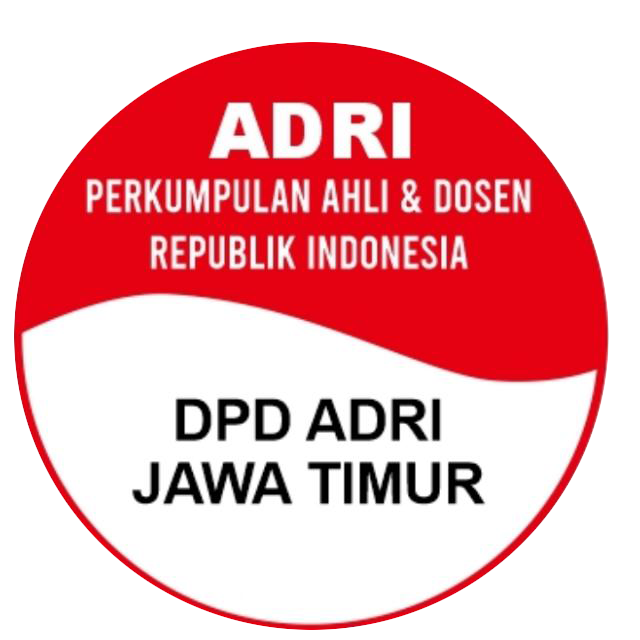Incomplete Regulations of Mediator Competence Standards As A Requirement For Members of Consumer Dispute Resolution Agencies
DOI:
https://doi.org/10.55173/yurisdiksi.v21i1.298Abstract
This thesis examines the incompleteness of the mediator competency standards set in the Minister of Trade Regulation No. 72 of 2020 as a requirement for members of the Consumer Dispute Resolution Agency (BPSK). The regulation does not explicitly stipulate mandatory training or certification of mediators for BPSK members, thus opening up the possibility of mediation being carried out by parties without a legal background or mediation skills. This has an impact on the low quality of dispute resolution, injustice for the parties, and decreased public trust in BPSK as a dispute resolution institution. This study uses a normative juridical method with a statutory, conceptual, and comparative approach. Based on the analysis, the absence of mediator competency regulations causes legal uncertainty (Gustav Radbruch's Theory of Legal Certainty) and violations of the principle of distributive justice (Aristotle). As a solution, this thesis recommends the reconstruction of Minister of Trade Regulation No. 72 of 2020 by adopting the German legal system model, namely requiring mediator certification and the imposition of administrative sanctions for violations. This proposal is in line with the civil law system and Philipus M. Hadjon's theory of authority, which emphasizes the importance of proportionality and professionalism in the implementation of public authority.
References
Akın Ateş, M. (2022). The impact of supply chain disclosure on supplier sustainability: a qualitative analysis in the textile industry.
Fleming, C. T. (2025). Equity and Trusts in Sanskrit Jurisprudence. Oxford University Press.
Harahap, Y. (2016). Civil Procedure Law on Lawsuits, Trials, Confiscations, Evidence and Court Decisions*. Jakarta: Sinar Grafika.
Indonesia, T. T. P. (2010). Ministry of Trade of the Republic of Indonesia. Jakarta. Indonesia, 9.
Kurniawan, S. (2023). PERLINDUNGAN HUKUM TERHADAP KONSUMENDALAM TRANSAKSI JUAL BELI E-COMMERCE. Universitas Islam Sultan Agung Semarang.
Menne, F., Mardjuni, S., Yusuf, M., Ruslan, M., Arifuddin, A., & Iskandar, I. (2023). Sharia economy, islamic financial performance and factors that influence It—Evidence from Indonesia. Economies, 11(4), 111.
Moore, C. W. (2014). The mediation process: Practical strategies for resolving conflict. John Wiley & Sons.
Rahmadanti, N. A. (2023). Consumer Protection Against the Use of Syrup Drugs Containing Ethylene Glycol and Diethylene Glycol Exceeding the Safe Threshold. Universitas Islam Indonesia.
Rosadi, S. D., & Tahira, Z. (2018). Consumer protection in digital economy era: law in Indonesia. Yustisia Jurnal Hukum, 7(1), 85–97.
Taklima, M., Sulistiyono, A., & Syamsudin, M. (2023). Consumer protection as an instrument for fulfilling human rights in the economic sector and its constitutionalizing efforts in the 1945 constitution. Jurisdictie: Jurnal Hukum Dan Syariah, 14, 75–105.
Downloads
Published
Issue
Section
License
Copyright (c) 2025 Rayhan Rizky Fitrianto, Hamidi Masykur, Yenny Eta Widyanti

This work is licensed under a Creative Commons Attribution-ShareAlike 4.0 International License.












